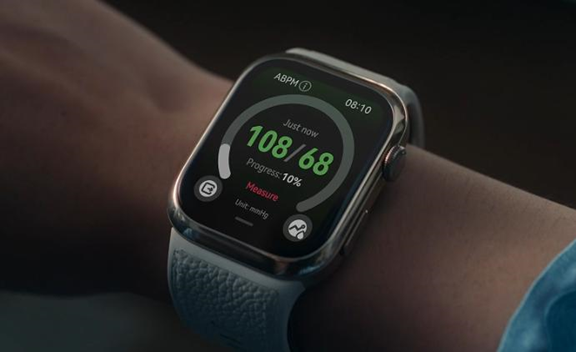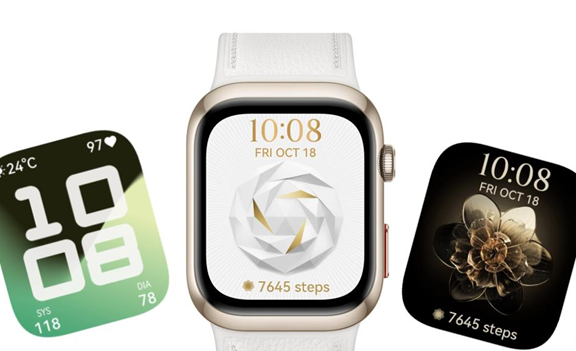Blood pressure (BP) is a
critical measure of heart health, influencing overall well-being. When BP
levels dip below the normal range, it can cause dizziness, fainting, and other
symptoms. Understanding the relationship between diet and low BP is essential
for managing your health effectively. This blog will explore what causes high pulse and low blood pressure and how dietary choices
impact low BP and provide insights into maintaining optimal BP levels through
nutrition.

What
Is Low Blood Pressure?
Low blood pressure, also known as
hypotension, occurs when BP readings consistently measure below 90/60 mm Hg.
Unlike high BP, low BP is less common but can be equally concerning. Chronic
hypotension can result from various factors, including dehydration, heart
problems, endocrine disorders, and certain medications. Symptoms often include
light-headedness, fainting, blurred vision, nausea, and fatigue. Recognizing
these signs and understanding the underlying causes is crucial for effective
management.
Nutrients That Help Manage Low
Blood Pressure
Sodium:
The Balancing Act
Sodium plays an integral role in
maintaining proper BP levels. While excess sodium can lead to high BP,
insufficient sodium intake can cause or worsen hypotension. Sodium helps
balance fluids in the body and supports nerve and muscle function. Moderation
is key; adding a pinch of salt to meals or consuming foods like olives,
pickles, and salted nuts can help maintain sodium balance. However, always
consult with a healthcare provider before making significant dietary changes.
Potassium: Helping Regulate Blood
Pressure
Potassium helps counteract the
effects of sodium and supports BP regulation. It relaxes blood vessel walls and
aids in excreting sodium through urine, preventing BP from dropping too low.
Foods rich in potassium include bananas, oranges, potatoes, and spinach.
Including these in your diet can help maintain stable BP levels. Remember,
increasing potassium intake can be particularly beneficial if your diet is high
in sodium.
Vitamin B12 and Folate: The Vital
Contributors
Vitamin B12 and folate are
essential for proper blood cell formation and preventing anemia, which can
cause low BP. These vitamins ensure that your circulatory system functions
efficiently. Include sources like eggs, fish, poultry (for B12), and leafy greens,
legumes, and citrus fruits (for folate) in your diet to reap these benefits.
Supplementation may be necessary in some cases, but it should be done under
medical guidance.
Foods to Avoid for Low Blood Pressure
Processed Foods High in Sugar and
Sodium
While moderate sodium can help
manage hypotension, excessively high-sodium foods can disrupt the delicate
balance. Similarly, sugary foods can lead to rapid fluctuations in blood sugar
levels, impacting BP. Avoid processed snacks, sugary beverages, and canned
soups as they are often high in sodium and sugar. Opt for whole, minimally
processed foods to support stable BP levels.

Alcohol: Its Effects on Blood Pressure
Alcohol can have a profound impact
on BP levels. In small amounts, it might cause a temporary increase in BP, but
excessive consumption can lead to long-term hypotension. Alcohol dilates blood
vessels and affects the heart’s ability to pump blood efficiently. Limiting
alcohol intake or avoiding it altogether can have positive effects on
maintaining healthy BP levels.
Caffeine and Its Role in Blood Pressure
Caffeine stimulates the
cardiovascular system, temporarily increasing BP. For individuals with low BP,
moderate caffeine intake can be beneficial. However, excessive caffeine
consumption can lead to dehydration and adverse effects on heart health. It’s essential
to monitor your body’s response to caffeine and opt for moderate consumption
from sources like coffee, tea, and dark chocolate.
Lifestyle Habits to Support a
Healthy Diet and Blood Pressure
Integrating healthy lifestyle
habits with your diet is crucial for managing low BP. Regular physical
activity, such as walking or swimming, enhances cardiovascular health and BP
stability. Staying hydrated is equally important; dehydration can exacerbate
hypotension. Additionally, maintaining a balanced diet rich in the nutrients
mentioned above is key. Monitoring BP regularly using tools like the HUAWEI
WATCH D2 can provide valuable insights and help track progress. This watch
offers high-precision BP measurements and features like ECG analysis,
supporting proactive health management.
Conclusion
Understanding
how your diet affects low BP levels empowers you to make informed choices that
benefit your health. Incorporate nutrients like sodium, potassium, and vitamins
B12 and folate into your diet while avoiding excessive sodium, sugar, alcohol,
and caffeine. Complement these dietary changes with healthy lifestyle habits to
support overall well-being. Monitoring BP using advanced tools like the HUAWEI
WATCH D2 can provide critical data and insights, helping you stay on top of
your health journey. Remember, always consult with healthcare providers when
making significant lifestyle or dietary changes.




